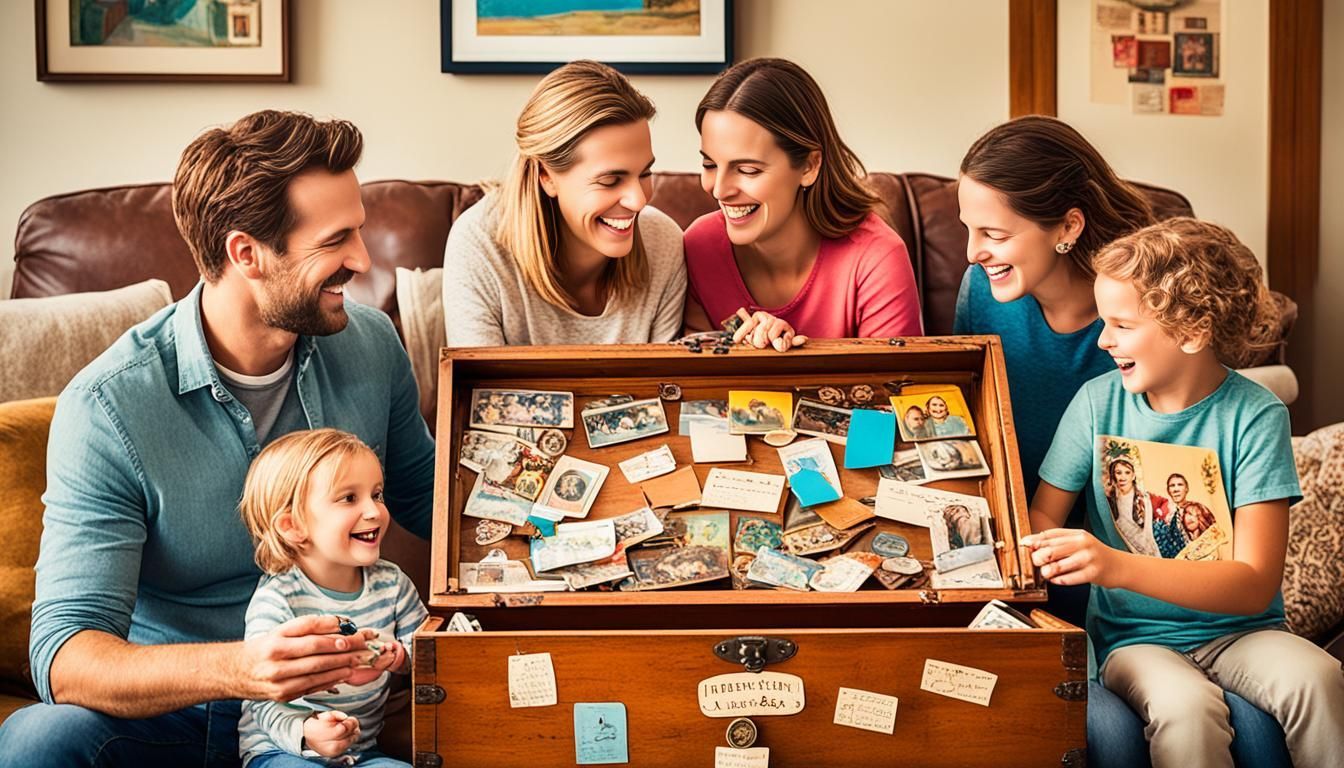Do Pets Grieve? Understanding Animal Mourning Behavior.
Do Pets Grieve? Understanding Animal Mourning Behavior.
Have you ever wondered if our furry friends truly understand loss? They often show surprising signs of grief, which reveals a deep connection. For example, when Trimmer, a Redbone Coonhound, lost his owner, he acted very differently. This shows the strong bond pets have with their owners and other pets. They show signs that look a lot like grieving.
Not all pets show obvious signs of sadness, though. How they react to loss depends on the pet and their bond with whoever they lost. Experts like Dr. Kenneth Martin and Debbie Martin, LVT, tell us pets do feel grief. They stress the importance of treating grieving pets with care and patience. Whether changes are big or small, losing a companion is hard for pets.
Key Takeaways
- Over 60% of pets experience four or more behavioral changes after losing a companion.
- About 30% of pets show a decreased appetite post-loss.
- Approximately 30% of grieving dogs and 20% of cats nap more than usual.
- 60% of dogs and cats become more clingy after losing a companion.
- A majority of pets search for their lost companions in their usual spots.
- It's vital to seek professional help if your pet's eating habits drastically change.
Signs and Symptoms of Pet Grieving
When our pets lose a friend, they show many signs of pet grieving. Over 60% of pets show four or more behavior changes. These changes can be small or big, upsetting their daily life.
Behavioral Changes
Pet mourning behaviors often include changes in how pets show love. Dogs and cats may become clingier, wanting to be with their humans all the time. They might also look for their lost friends in places they used to hang out together.
Changes in how pets make noise are common too. About 63% of dogs might bark more or less than usual. Around 30% of dogs and 20% of cats sleep more. They might also sleep in new spots, showing they miss their friend.
| Behavioral Change | Percentage of Dogs | Percentage of Cats |
|---|---|---|
| Increased Clinginess | 60% | 60% |
| Decreased Appetite | 36% | 30% |
| Increased Napping | 30% | 20% |
| Looking for Lost Companion | 60% | 60% |
Physical Manifestations
Grief can also show up in physical ways. About 30% of pets eat less, and 11% might stop eating. This can lead to weight loss and might require a vet's help.
Watching these animal emotional responses closely is important. If a pet stops eating or loses a lot of weight, it's time to see a vet. They can help with the physical and emotional sides of pet grief.
Emotional Expressions
Pets' emotional responses can vary. They might change their behavior if they feel their owner's sadness, becoming quieter or more anxious.
The act of looking for a dead companion is a sign of pet mourning behavior. Pets might visit spots their friend liked or act sad, showing they feel the loss.
Understanding these signs and showing kindness can help pets with their grief. Talking to a behavior specialist about getting a new pet friend might also help, especially for cats that might not want a new pet right away.
How to Help Your Pet Cope with Loss
Pets grieve like humans, feeling sadness and loss. We can help them by keeping their daily routines and giving emotional support. This support helps our furry friends face these tough times better.
Maintaining Routine and Normalcy
Keeping a regular schedule helps pets who are grieving. They like knowing what happens next, so routine meals, walks, and play times are comforting. A study from the ASPCA shows that over 60% of pets act differently after losing a friend. This is why keeping things normal is so important.
Having a stable routine lowers stress and confusion for them. They might look for their friends in usual spots, showing how much they need familiar settings. Slowly adding new things can help them adjust without being overwhelmed.
Providing Emotional Support
Our pets often mimic our emotions. Over 60% become more attached after a loss. By showing them extra love and reassuring them, we help them heal. Quality time and new fun activities also help them feel better.
Letting pets see their passed-away friend can help them understand what happened. This step might ease their need to search and reduce their sadness.
When to Seek Professional Help
If a pet's grief doesn't improve, we should get experts involved. Signs to watch for include not eating, deep sadness, or acting out. Vets and animal behavior experts offer special help for these situations. Around 30% of pets eat less after a loss, which is a sign they may need extra care.
If a pet stays sad or unwell, it’s crucial to see a professional. Vet behaviorists can tell if the problem is physical or if behavior therapy might help.
Knowing how long mourning lasts for pets is key. It could take weeks to months. Understanding when they need more than we can give is important. That's our cue to reach out for more help.
Conclusion
Understanding that pets grieve helps us support them better. This shows we care deeply about their feelings. Studies on animal grief reveal pets, like cats, do feel loss. Not every animal experiences grief, though. For example, spiders and snails don't. But many domestic cats show signs of grief in certain situations.
We see the depth of animal emotions through caring for homeless cats. Our group looks after 28 cats, from house cats to outdoor colonies. We notice how they express their feelings. Take Willa's story, for instance. She mourned her sister Carson's death deeply. Her loud cries and constant search showed her pain. This raises questions about whether we're right to think animals feel like humans do.
Finally, understanding how pets mourn is key to caring for them when they're sad. When we respond with empathy, our bond with them grows stronger. If we're unsure how to help, getting advice from pros is crucial. Miller Funeral Home in Edenton, North Carolina, is a great example. They offer resources for dealing with a pet's or person's loss. This approach shows our commitment to pets' wellbeing.
FAQ
Do pets grieve the loss of their companions?
Yes, pets do grieve when they lose a friend. They form strong bonds and show signs that they are sad. Experts like Dr. Kenneth Martin and Debbie Martin say pets need our love and patience when they are grieving.
What are the common signs of pet grieving?
Pets may act differently when they grieve. They might want more cuddles or become more vocal. They could also show changes in their sleep, eating, or bathroom habits.
Can physical symptoms of grief appear in pets?
Yes, grief can make pets lose weight or have other health problems. A vet should check these symptoms.
How should I help my pet cope with the loss of a companion?
Keep your pet's daily routine the same, give them extra love, and let them see their friend's body if you can. Don't get a new pet too quickly. Stay with what they know to help them feel secure.
What should I do if my pet's grief seems severe or prolonged?
If your pet stays sad or gets sick, get help from a vet. They can offer special care to help your pet feel better.
Are pets affected by their human’s grief over the loss of another pet?
Absolutely. Pets pick up on our sadness and it can change their daily life. While dealing with your own loss, try to keep things normal for your pet. This helps them feel more stable.
Is it helpful to let my pet see the deceased companion?
Allowing pets to see their lost friend can help them understand and may ease their stress. It could give them a sense of closure.
Source Links
- https://vcahospitals.com/know-your-pet/helping-your-grieving-pet
- https://vcahospitals.com/know-your-pet/do-dogs-mourn
- https://www.pawcbd.com/blogs/posts/five-ways-to-support-your-grieving-pet
- https://olddoghaven.org/how-to-help-a-grieving-dog/
- https://www.npr.org/sections/13.7/2011/10/20/141452847/do-animals-grieve










